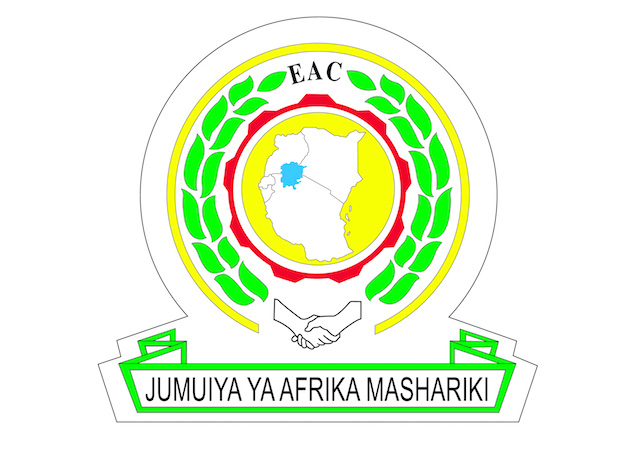
EAC and USAID launch new programme for Conservation and Management of region's natural capital
East African Community Headquarters, Arusha, Tanzania, 1st November, 2019: The East African Community in collaboration with the US Agency for International Development Kenya/East Africa (USAID/KEA) have launched a new programme for the conservation and sustainable use of East Africa’s natural capital.
The Conservation and Management of the Region's Natural Capital Programme is an initiative that seeks to improve the collaborative management and conservation of trans-boundary natural resources, reduce wildlife poaching and trafficking, and increase the perceived value of living wildlife.
The three-year project, which runs from June 2019 to June 2022 and has a budget component of approximately US$2.3 million from USAID/KEA, was launched in Nairobi, Kenya.
The EAC Secretariat will lead the programme implementation process with technical and analytical support from the International Union for Conservation of Nature and Environment Incentives. This will be done through a new working approach requiring the active involvement of host communities of natural protected biodiversity species areas.
In East Africa, biodiversity-rich areas are critical to the region’s nature-based tourism industry, which contributes 7.5-10 percent of East Africa’s gross domestic product. At the local level, rural communities across the region depend on wildlife and wildlife habitats for their livelihoods. Iconic wildlife, and the landscapes on which it roams, has significant value.
Also in response to rapid economic development and population growth, East Africa's infrastructure is expanding. This expansion is putting pressure on East Africa’s “natural capital” -- resources that are essential for socio-economic growth and development of East African countries and people. The new Conservation and Management of Natural Capital Programme will help strengthen the EAC’s capacity to protect this vital resource.
Speaking at the launch, Hon. Christophe Bazivamo, the EAC Deputy Secretary General in charge of Productive and Social Sectors, said that the programme was crucial as it would, among other things, enhance collaborative management and conservation of transboundary natural resources in the region, increase perceived value of wildlife and reduce wildlife poaching and trafficking.
“This sustained support will go a long way to strengthen national and regional efforts in conservation and management of East Africa’s rich biodiversity and natural resources,” said Hon. Bazivamo.
Representing USAID KEA at the event was Ms. Aurelia Micko, the Director of the Environment Office.
NOTE TO EDITORS:
Under the EAC Treaty, in particular Chapters 19 and 20, EAC Partner States agree amongst other things, to take concerted measures to foster co-operation in the joint and efficient management and sustainable utilization of natural resources within the community for their mutual benefit. Partner States also recognize that conserving natural capital across boundaries requires strong collaboration and harmonization of national and regional plans and policies to support transboundary management.
In this line, EAC and USAID designed a three years Programme on Improving Collaborative Conservation and Management of Transboundary Natural Resources in EAC.
- ENDS -
For more information, please contact:
Simon Peter Owaka
Senior Public Relations Officer
Corporate Communications and Public Affairs Department
EAC Secretariat
Arusha, Tanzania
Tel: +255 768 552087
Email: sowaka [at] eachq.org
About the East African Community Secretariat:
The East African Community (EAC) is a regional intergovernmental organisation of six Partner States, comprising Burundi, Kenya, Rwanda, South Sudan, Tanzania and Uganda, with its headquarters in Arusha, Tanzania.
The EAC Secretariat is ISO 9001: 2008 Certified
Tags: USAID
